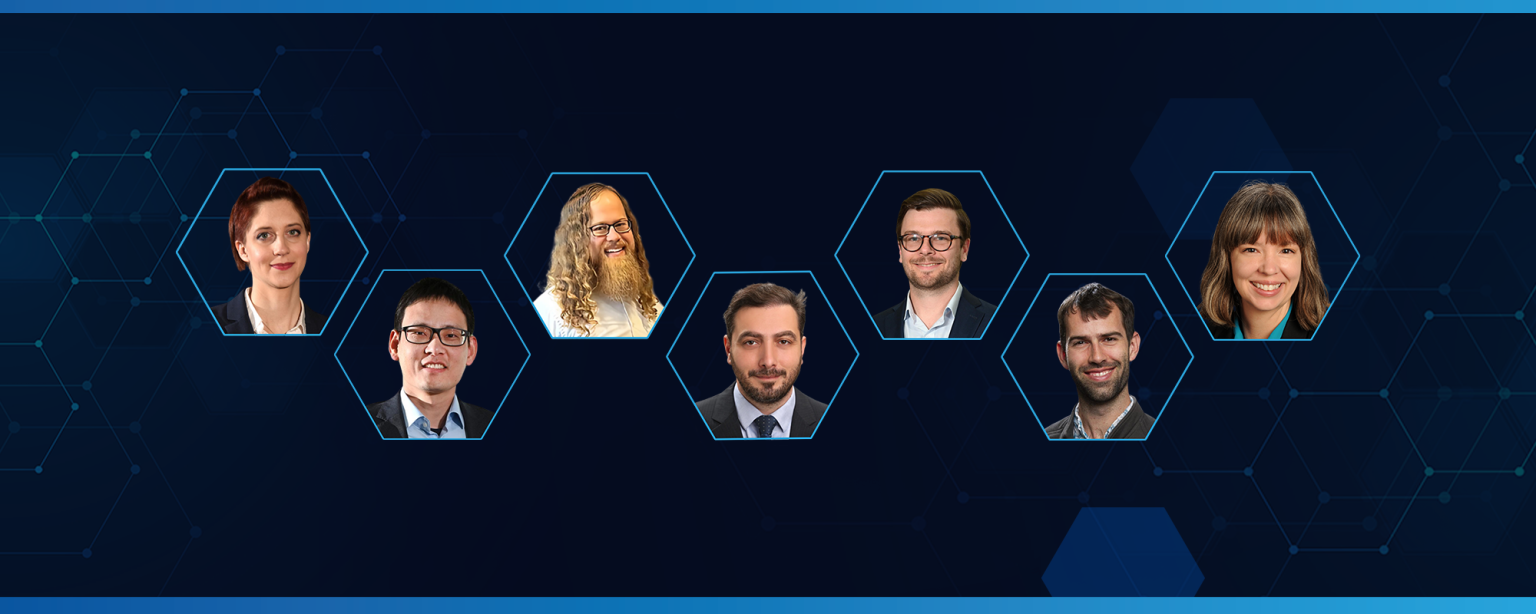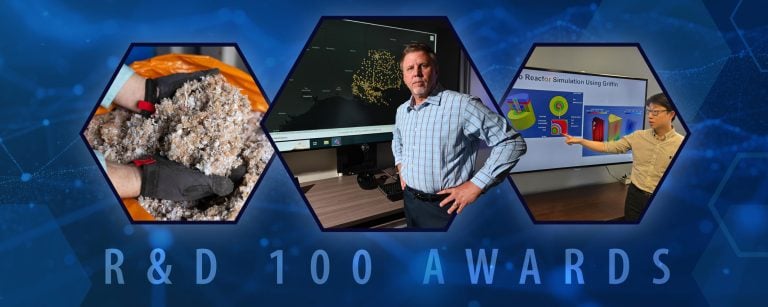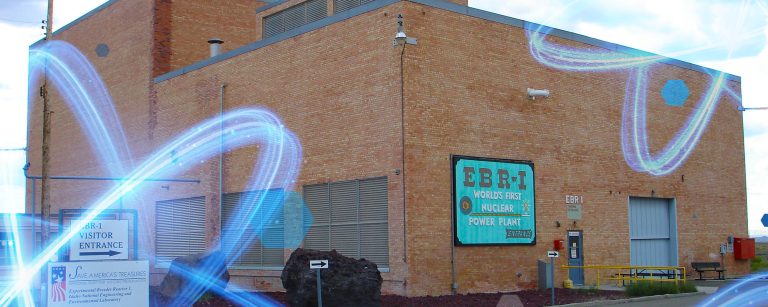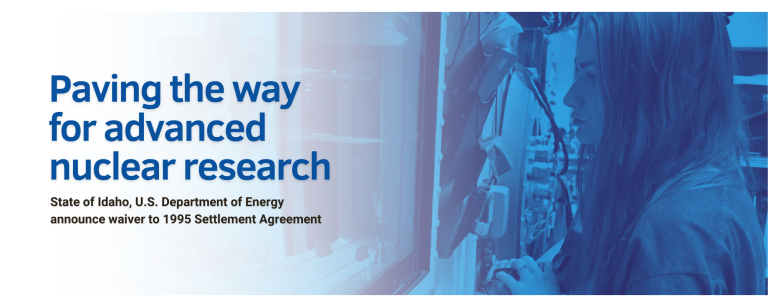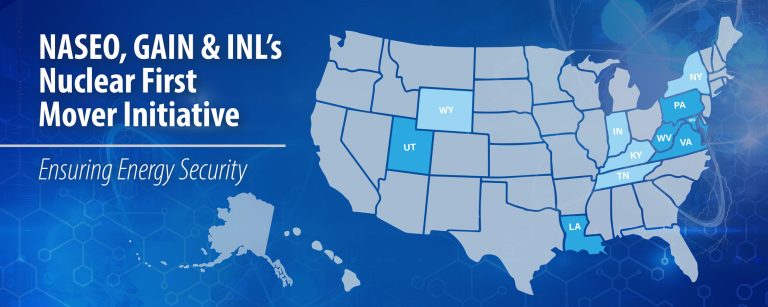Seven Idaho National Laboratory (INL) researchers were among nearly 400 scientists and engineers named Tuesday as recipients of the Presidential Early Career Award for Scientists and Engineers (PECASE).
“We take great pride in the accomplishments of our outstanding researchers, who are working to change the world’s energy future and secure our nation’s critical infrastructure,” said INL Director John Wagner. “These early career scientists and engineers are the future of science and technology innovation, and we congratulate them on this prestigious honor.”
Established in 1996 by President Bill Clinton, PECASE is the highest honor bestowed by the U.S. government on outstanding scientists and engineers early in their careers, recognizing their exceptional potential for leadership. Awardees are employed or funded by 14 participating agencies within the departments of Agriculture, Commerce, Defense, Education, Energy, Health and Human Services, Interior, Transportation, Veterans Affairs and the Environmental Protection Agency, the intelligence community, the National Aeronautics and Space Administration, the National Science Foundation, and the Smithsonian Institution.
INL’s newest PECASE recipients are:
Dr. Ahmad Al Rashdan is an accomplished researcher who has pioneered the use of artificial intelligence and machine learning for nuclear industry applications, which plays a critical role in ensuring current nuclear reactors continue producing zero-emission energy. He leads and contributes to a diverse array of clean energy projects in support of INL’s mission.

W. Hill Balliet, group lead for energy and water systems analysis. His research focuses on energy storage, grid dynamics and hydropower hybrids. Balliet has also researched how utility-scale batteries can supplement hydropower energy sources.

Andrea Jokisaari, who works with the Department of Energy’s Advanced Materials and Manufacturing Technologies program. Her work focuses on unlocking the mysteries of how fuel and materials change in nuclear power plants, information crucial for plant safety and economics.

Katya LeBlanc, a human factors scientist performing energy security research involving human-artificial intelligence interaction, interface tools used in nuclear power plants, cyber-security and grid resilience. She has led the design and evaluation of nuclear power plant control room technologies and control room interfaces for advanced reactors.

Alexander Lindsay, a computational scientist who has made extraordinary contributions to the open-source MOOSE framework and underlying libMesh library. His innovations have resulted in significant contributions to the Department of Energy’s research into fusion energy and molten salt advanced reactors.

Cheng Sun, a joint appointee at INL and a professor at Clemson University. He studies the behavior of materials in extreme environments essential to the development of longer-lasting nuclear fuels and additive manufacturing of nuclear materials.

Bjorn Vaagensmith, a power systems researcher who is working on technology to bring more resilience to the nation’s electrical grid. His work aims to minimize the damage seismic events can have on transformers and insulators at power stations.

To be eligible for a PECASE Award, an individual must be a U.S. citizen, national or permanent resident. Each PECASE award winner receives a citation, a plaque and funding from their agency for up to five years to advance their research. Individuals can receive only one PECASE award in their careers.
NEWS MEDIA CONTACTS:
Kate Meehan, 208-526-0757, [email protected]
Sarah Neumann, 208-520-1651, [email protected]

